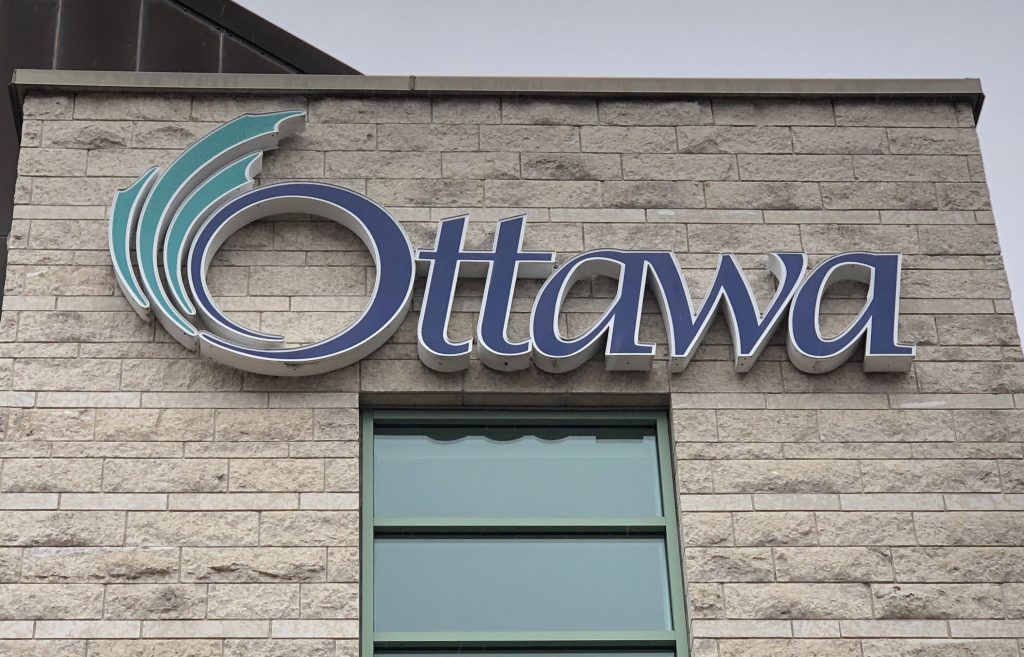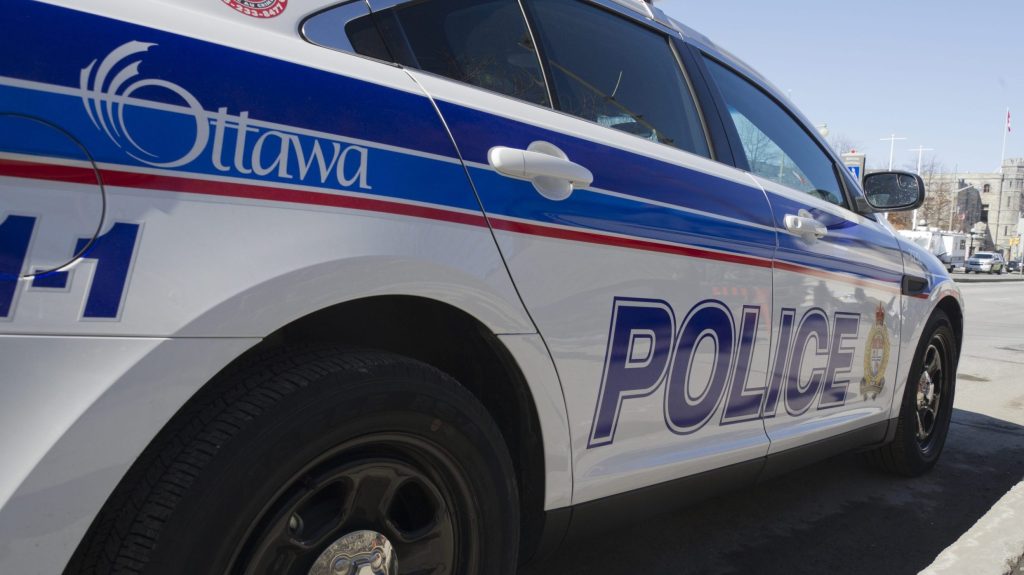City unveils plan to divert mental-health and addictions calls from police

Posted Jun 19, 2023 11:07:19 AM.
Last Updated Jun 19, 2023 11:07:42 AM.
The city of Ottawa is proposing a new approach in dealing with mental health and substance use calls.
If approved by the Community Services Committee and then council, the three-year pilot program would divert these types of calls to mental health professionals and outreach workers, starting in the summer of 2024.
Mayor Mark Sutcliffe says the city could establish an alternative number to 9-1-1 for residents to call, as well as a triage and dispatch system which would include social workers, outreach workers, nurses, case managers and psychologists.
“We’re going to try it out in one neighbourhood,” Sutcliffe said in a video posted to Twitter. “If it works, we’ll expand it to other areas.”
I’m very happy to share that there’s a new pilot project we are proposing to provide an alternative response to mental health calls.
Je suis très heureux de vous faire part d'un nouveau projet pilote que nous proposons pour fournir une réponse alternative aux appels de santé… pic.twitter.com/YWSX88Q9U3
— Mark Sutcliffe (@_MarkSutcliffe) June 16, 2023
The head of the Ottawa Mission is very open to the idea and thinks it could be a great way to supplement the work of police in certain situations.
“How nice to see something like this, a complement service to work alongside the police,” says Peter Tilley. “Perhaps more out in the community than at organizations like the Ottawa Mission, but certainly one we would use where professionals could come in and deal with the situation as they’re trained to deal with.”
Also, while the city consulted with the Guiding Council of Mental Health, the Ottawa Police Service (OPS) and the Ottawa Paramedic Service in the creation of the program, some feel the police should not play a role in the new service, including community activist groups like 613-819 Black Hub.
However, Orléans West-Innes ward councillor Laura Dudas disagrees.
“There will be a place for police on occasion,” Dudas says. “Things can escalate. We can’t deny that. We need to know that even if we are having this mobile crisis unit going, sometimes they may have to call police for backup.”
The $2.5-million ‘Safer Alternatives for Mental Health and Substance Use Crisis Response’ program goes before committee on June 27.










